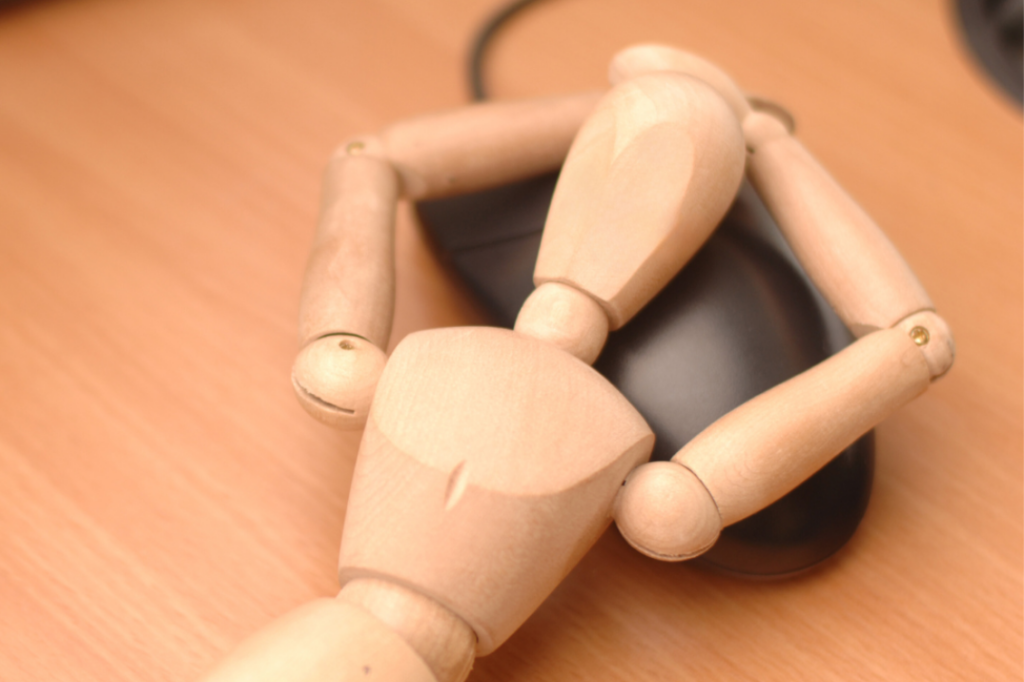
It can be hard to think of ourselves as worthy of special consideration, but we all deserve, and truly need, some downtime to function properly.
It can be hard to think of ourselves as worthy of special consideration, but we all deserve, and truly need, some downtime to function properly. Breaks help readjust our mental and psychical functional systems to a normal baseline level. They act like a reset button, allowing us to reaffirm our well-being and reduce stress.
By doing so, we allow our brains to untangle and think up new solutions to problems they might not otherwise have seen. You may be familiar with the famous cry of Archimedes — eureka! The Greek philosopher was trying to solve the problem of determining gold’s purity — but it was only by taking a bath that he noticed how his weight displaced the water around him, giving him an accurate way to measure the density of an object.
While not all our breaks need to be as inspired as Archimedes, this example shows how taking a break helps us realign our brains, improving our thinking and, ultimately, our mental well-being.
Self-care is a deliberate activity to improve or protect one’s physical, mental or emotional health. Exercise can help our mental clarity and general well-being, as can creative, relaxing or even challenging activities that aren’t directly related to the stress in our lives.
Self-care isn’t selfish but a necessary activity that gives us pleasure and helps us maintain our ability to function.
If you’re stuck for options on how to incorporate self-care into your routine, here is a list of fifty ways to relax and detach yourself from encroaching stress;
Therapeutic activities might include;
Simple pleasures might include;
To help with anxiety-inducing activities;
If you’re short on time, you could try;
When we’re busy or stressed, it’s easy to prioritise work, other relationships or chores above our own mental health. Others might expect more from us, making time for ourselves seem impossible or selfish. We feel as if we should always be doing something, even if we wouldn’t expect the same thing from others.
These thoughts are barriers to our ability to think and relieve stress. What’s needed to get over them is a shift in how we feel about ourselves. Would we demand so much from someone we love or care about? Then why treat ourselves the same way?
Often our habits stop us from engaging in stress-free activities. We fall into the same patterns where we avoid exercise or other activities we might like because we’re used to doing chores or always being ‘on’ — something increasingly expected of us in today’s connected world.
Even when we’re not doing much of anything, such as watching a show we don’t care for or scrolling through social media, we make excuses like ‘I’m about to do something important, I don’t have time for a proper break.’ Whether we actually do the necessary task is irrelevant; we may neglect the stress-releasing activity in favour of inactivity because we’re not comfortable with the idea of actively devoting time to ourselves.
The best way to begin taking better care of the self is to get into a routine. This doesn’t have to be time-dependent but can be whenever we find the time or the need. What’s important is taking a step to engage in self-care regularly and asking others to respect our boundaries, too, when they come close to overreaching.
Only when we can see ourselves as others see us and respect our time accordingly can we begin to value ourselves and our need for a break.
*Engaging in retail therapy isn’t recommended if you have problems with compulsive spending. Contact +61 2 9373 5100 for support.
Sources cited: